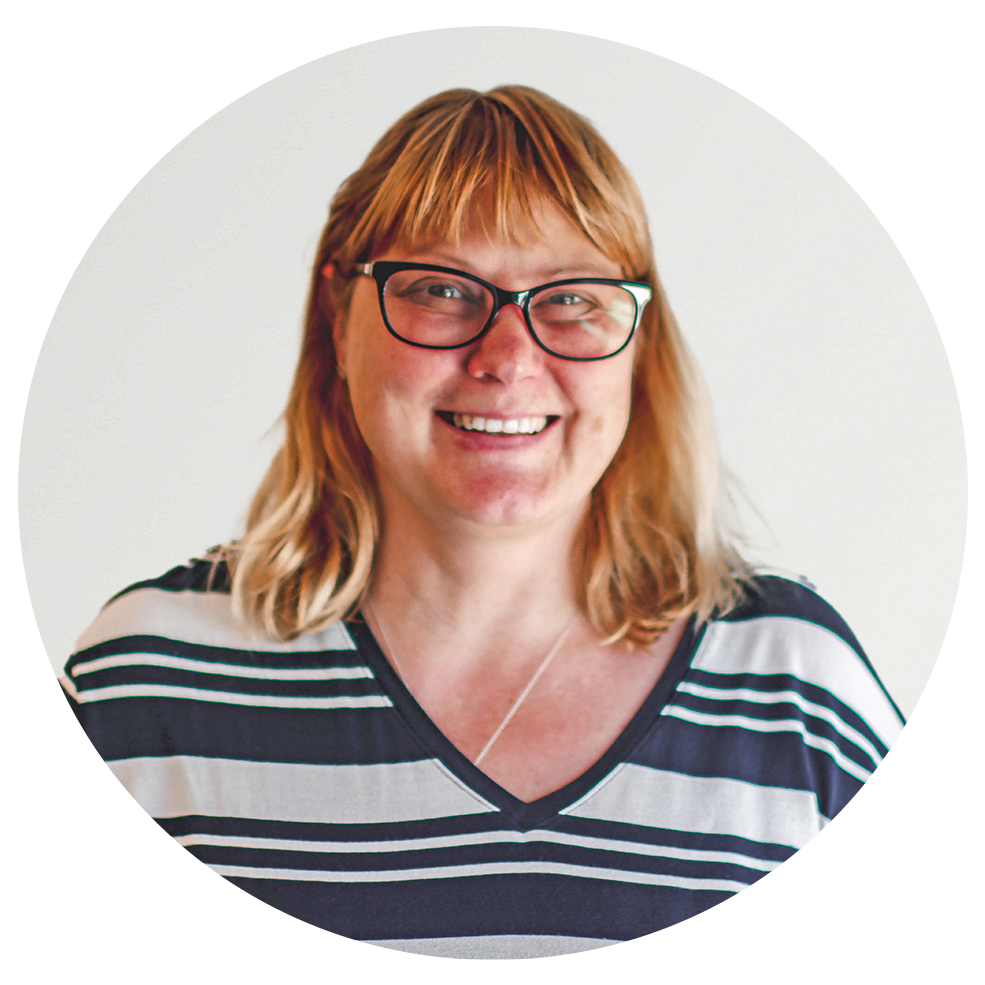Seating and Postural Management
This 6-session programme takes a detailed look at the issues related to assessing posture and applying interventions as part of a postural management programme. The course is accompanied by a workbook.
Webinar Parts

Pelvis and Spine
Pelvis and Spine

Postural Assessment
Postural Assessment

Analysis of Posture
Analysis of Posture

Management Solutions
Management Solutions

Case Studies
Case studies
Learning Outcomes
- Understand the importance of considering postural management with your clients
- Understand how the body is made of segments and how these help us understand a person’s posture
- Understand how posture affects loading through body segments and therefore pressure management
- Understand how forces act on body segments, and what forces we can use to minimise pressure injury and further postural deformity
- Know the anatomy of the pelvis, and how to identify important landmarks to aid your assessment
- Know how positions of the pelvis drive different presenting postures and spinal positions
- Know the different areas of the spine, and types of spinal positions which impact most on posture
- Know indicators to show if spinal positions are correctable or need accommodation, and how to achieve this in seating
- Be aware of what should be covered in a physical assessment of posture
- Develop an understanding of how to carry out a physical assessment in a variety of settings
- Be able to distinguish between fixed and correctable postural limitations and when to provide accommodation or correction
- Be aware of how to explore optimum positioning
- Be confident in making recommendations based on your findings from an assessment
- Be confident in knowing the required product features to support, accommodate and correct postural limitations
- Be able to apply the principles of posture management to a case and work through problem identification, assessment, recommendations, and clinical reasoning and justification for your recommendations
Meet our Experts

Jenny is a senior occupational therapist. She qualified in 1997 and completed her MSc in Neuro-rehabilitation in 2007. She has worked in Neurological Rehabilitation at the Battle Hospital in Reading, and the Rivermead Rehabilitation Centre in Oxford which became part of the Oxford Centre for Enablement in 2000. She moved into the Specialist Disability Service at the OCE from where she joined the Oxford MND Centre in January 2007.
Since August 2009 Jenny has been funded full-time by the Motor Neurone Disease (MND) Association to develop NHS wheelchair services across the UK, to improve wheelchair provision for people living with MND.
People who watched this also watched...
Sleep in a Riser Recliner
In this session we will explore the issues around people sleeping in riser recliner chairs – we will look at this issue from a functional occupational performance and a tissue viability perspective.
This session is aimed to enable health care professionals to think around this presenting issue to enable them to have a constructive discussion with people they are working with to come to an agreeable solution.
New year, balanced you: Mindfulness for the health and care professionals
Join Kate Jackson in this interactive webinar exploring mindfulness for health and social care professionals. Kate will guide you through a range of concepts, techniques and considerations, offering practical ways to bring Mindfulness into your daily life to enhance wellbeing. Kate takes a thoughtful, compassionate and inclusive approach to wellbeing, offering a grounded and accessible delivery style.
A manual handling adviser in Malawi
A long ambition was realised in February 2023 to volunteer with a charity that supports children and adults abroad. Being part of a team dedicated to improving the health and wellbeing of fellow human beings is both an honour and delight. Two weeks can change your life forever and be the start of a long term inspirational collaboration in a far off continent.



